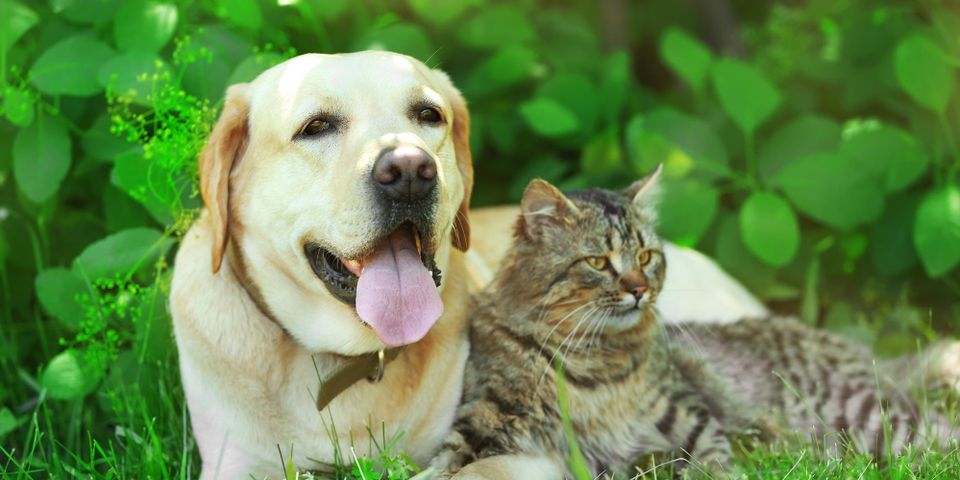
Dogs and cats age faster than people, so when they reach age seven for dogs and ten for cats, pet owners should start thinking about senior pet care. This stage is less about worrying over your furry pal’s health and more about taking proactive steps to keep your companion healthy and happy. Here are a few do’s and don’ts when caring for your you aging pet.
Do:
Keep their living space open and clean.
As pets age, their senses of sight, sound, and smell can deteriorate. To help your pet navigate their surroundings safely, try to maintain a sense of order. Avoid frequently rearranging furniture, and keep their paths clear of debris. Keep furniture away from the wall to keep them from getting stuck in corners or other tight areas. If your pet has a litter box or urine pad, keep it in the same location—otherwise, they could get confused about where they should go.
Monitor your pet closely.
 Observe your pet’s behavior and take them to a veterinarian if anything seems unusual. Here are some symptoms to look out for:
Observe your pet’s behavior and take them to a veterinarian if anything seems unusual. Here are some symptoms to look out for:
-
Slowing down – contrary to popular belief, this is not a normal part of aging and usually means something is wrong
-
Unusual eating and drinking habits
-
Change in bathroom frequency or consistency
-
Visible discomfort or limping
-
Weight gain or loss
-
Matted or thinning fur
-
Behavioral changes, such as unexplained aggression or lethargy
Responsible senior pet care also includes wellness checkups every six months to a year. During these visits, your veterinarian will perform a physical exam, lab work, and might recommend other tests to address any specific changes.
Don’t:
Change their routine.
Your pet has grown accustomed to their routine. New elements, like a new pet or type of food, can be confusing or overstimulating. Cats are very sensitive to dietary changes and need to be transitioned gradually before they will acclimate to a new diet. Be patient with your pet and let them proceed at their own pace.
Let your pet be lazy.
Exercise is an essential part of caring for your pet during every stage of its life. Puppy and kitten craziness will subside as your pet matures into an adult, but encourage them to keep playing with their toys and go for walks. Carpeting can help cushion their movements to minimize the impact on their joints, and you can install ramps to help them maneuver between the floor and the bed. If your pet seems stiff or limps when moving, talk to your veterinarian about ways you can treat joint pain.
For more guidance on senior pet care, reach out to the compassionate and knowledgeable team at Montgomery Animal Hospital. The veterinarians at Montgomery Animal Hospital are accredited with the American Animal Hospital Association (AAHA), meaning they exceed over 900 national standards for exceptional treatment standards and practices. To make an appointment, call 513-791-7912 today or learn more about their services and accreditation by visiting their website. Want to receive more tips on senior pet care and more? Follow Montgomery Animal Hospital on Facebook and Instagram.
About the Business
Have a question? Ask the experts!
Send your question

